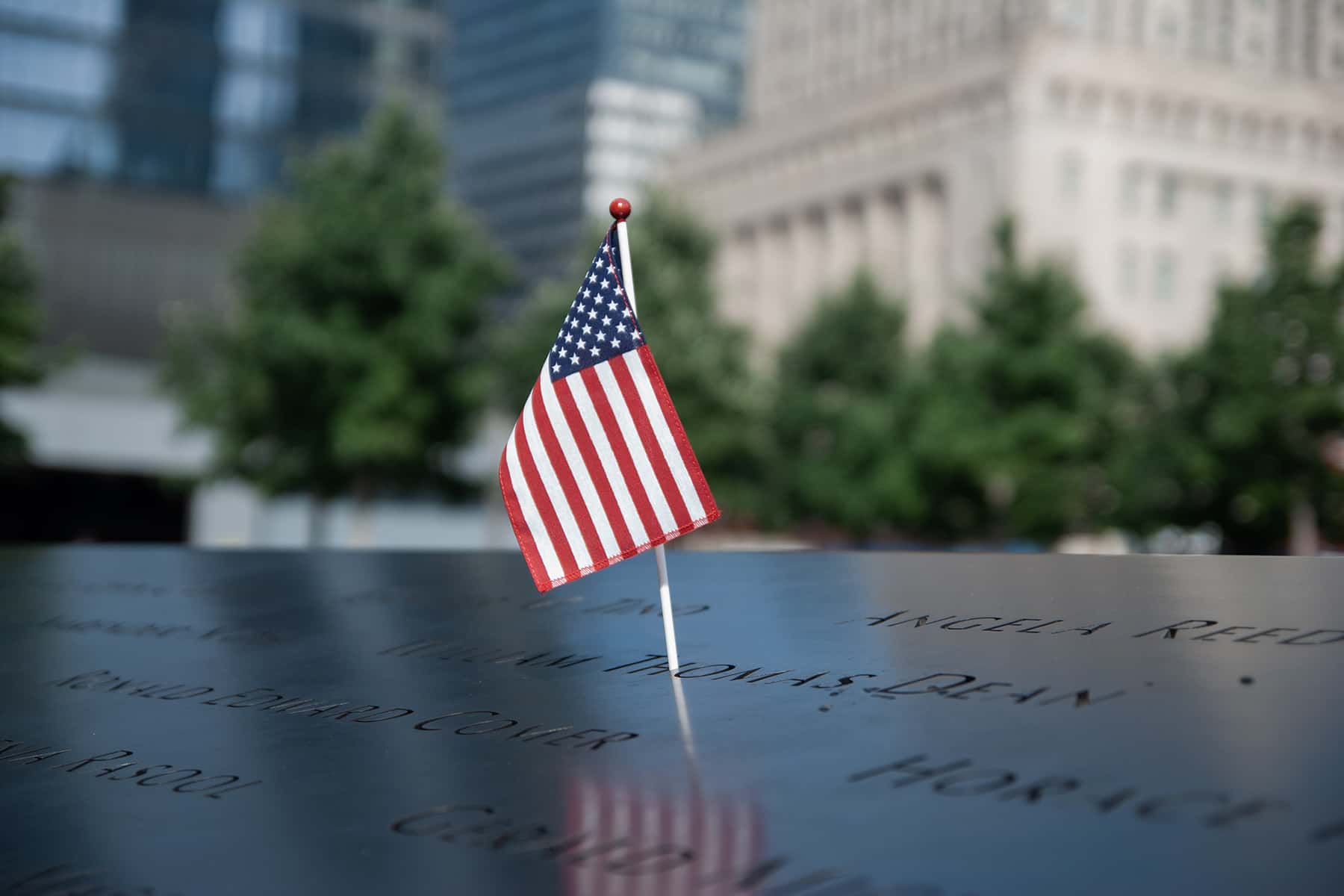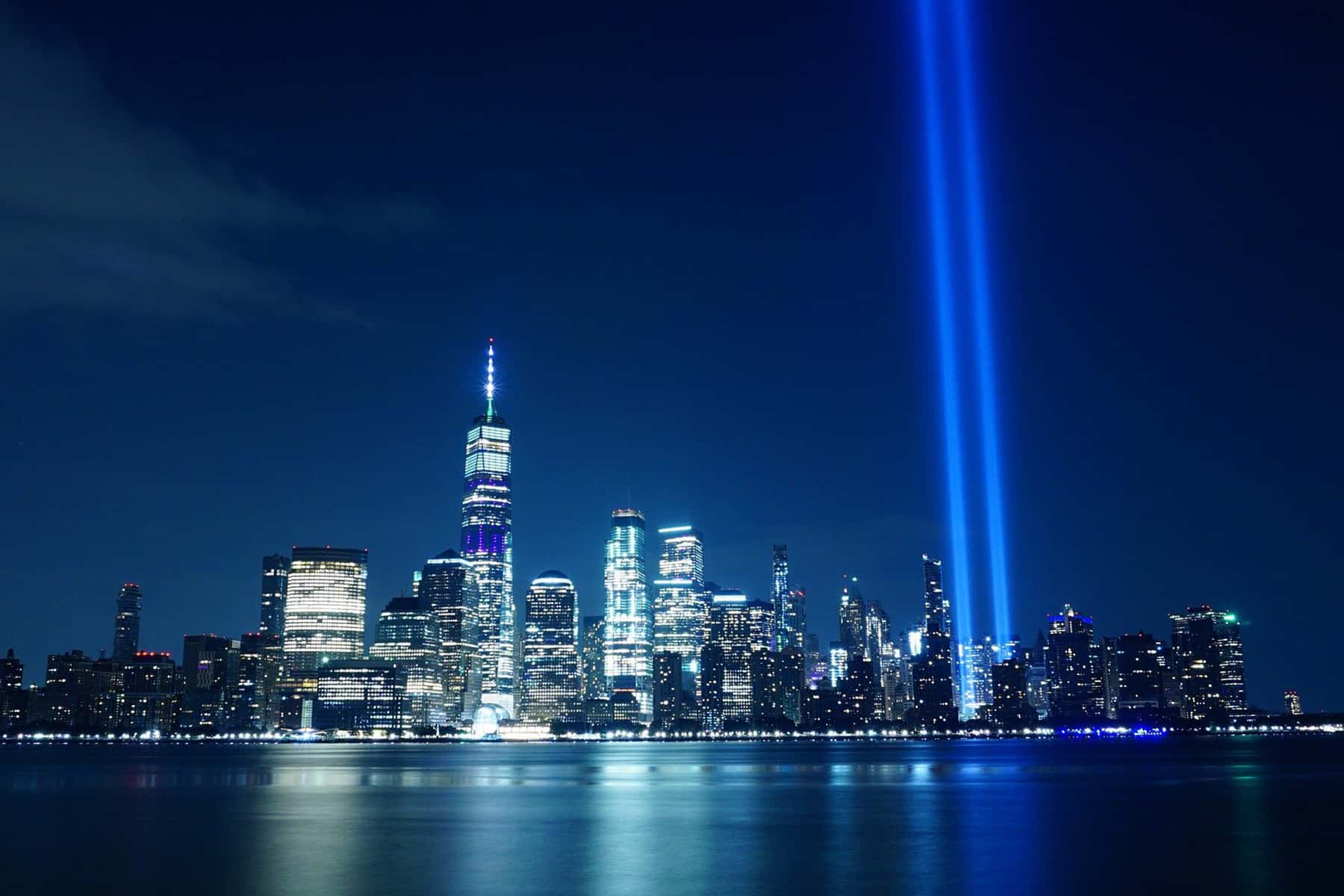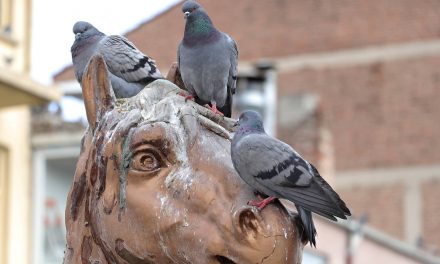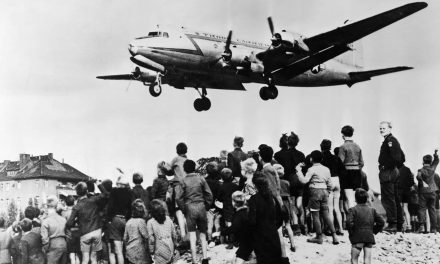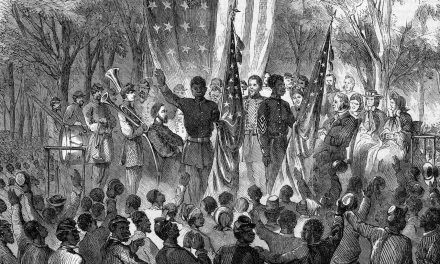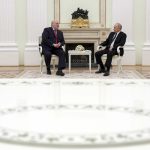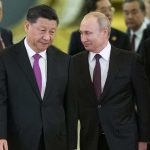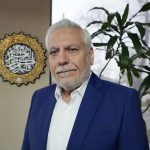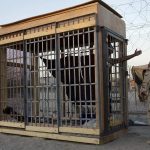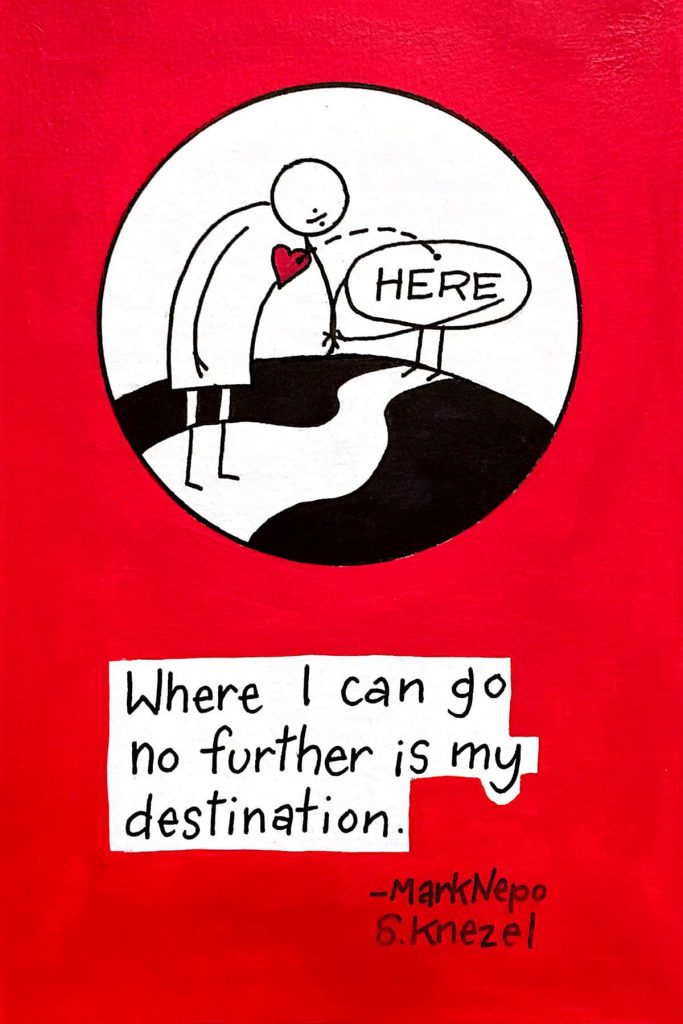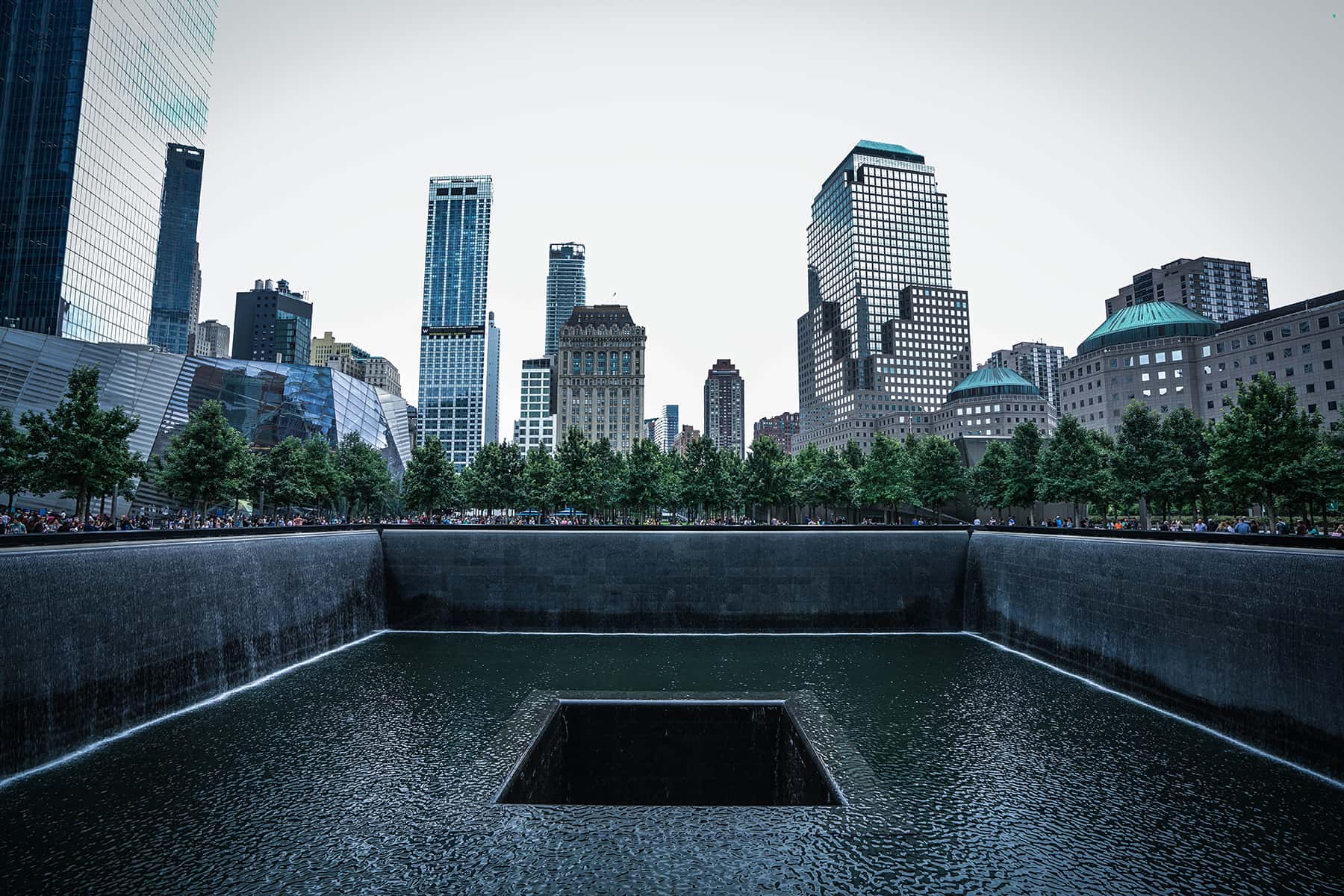
The 9/11 attack was a crime by a small group of criminals, not an act of war by a sovereign state. But we responded to that crime with two war-based assaults, and we won both the Afghanistan and Iraq wars in a matter of weeks, not years or decades.
Language matters, because it is how we understand what is real and what is a scam or a lie. It is how we share the metaphors, understandings, visions and values of our society. When it comes to crime, war, and occupations of other countries, language can mean life or death.
When George W. Bush decided to exploit the 9/11 attack in 2001 to make himself a “wartime president” and help ensure his re-election, he wanted us to think of it the way our nation understood and reacted to the Japanese attack on our Pearl Harbor naval base in the U.S. Territory of Hawaii in 1941.
That horrific attack, of course, led President Franklin D. Roosevelt to go on nationwide radio and proclaim: “Yesterday, December 7th, 1941 – a date which will live in infamy – the United States of America was suddenly and deliberately attacked by naval and air forces of the Empire of Japan.”
FDR went on to point out that the Japanese government had also attacked, within 24 hours of December 7th, Malaya, Hong Kong, Guam, The Philippines, Wake Island and Midway Island. This was unambiguously a war.
As a result, FDR’s request of Congress was straightforward: “I ask that Congress declare that since the unprovoked and dastardly attack by Japan on Sunday, December 7th, 1941, a state of war has existed between the United States and the Japanese empire.”
Congress agreed with the last War declaration in American history and we jumped with both feet into World War II; four years later we achieved total victory over both Germany and Japan, ending that war.
George W. Bush desperately wanted to be a wartime president like FDR. Wars, after all, confer power, prestige and political benefits to presidents, as James Madison pointed out:
In no part of the constitution is more wisdom to be found than in the clause which confides the question of war or peace to the legislature, and not to the executive department.
Beside the objection to such a mixture of heterogeneous powers: the trust and the temptation would be too great for any one man…
War is in fact the true nurse of executive aggrandizement. In war a physical force is to be created, and it is the executive will which is to direct it.
In war the public treasures are to be unlocked, and it is the executive hand which is to dispense them. In war the honors and emoluments of office are to be multiplied; and it is the executive patronage under which they are to be enjoyed.
It is in war, finally, that laurels are to be gathered, and it is the executive brow they are to encircle. The strongest passions, and most dangerous weaknesses of the human breast; ambition, avarice, vanity, the honorable or venial love of fame, are all in conspiracy against the desire and duty of peace.
Bush wanted a war, but, as Barbara Lee pointed out, 9/11 was not Pearl Harbor.
Pearl Harbor was attacked by a foreign government: Japan. It was a specific act of war, and the Japanese government, the Japanese military, and the Japanese people were all-in on having an all-out war with the US. As were their allies, the Axis powers: the Germans, Italians and Spaniards.
On 9/11 we were not attacked by a foreign country. The government of Afghanistan then did not even know 9/11 was being planned: that planning took place in Germany, Pakistan, and Florida.
Bin Laden just wrote the check; Khalid Sheikh Mohammed, based in Rawalpindi, Pakistan was the guy who actually organized and planned 9/11, and we have been holding him in Gitmo since 2003. If this was really about 9/11, our mission ended that year.
The government of Afghanistan did not contribute time, money, people, or even their military to the 9/11 attack. They literally had no idea. We were attacked by a small but well-funded band of men mostly not even in Afghanistan — and definitely not by a government. Most of the hijackers were Saudi‘s; none were from Afghanistan.
They were international criminals, but they were scattered across a half-dozen countries and funded mostly by Bin Laden, who’d taken millions from his billionaire family and other millions from the Reagan administration to evict the Soviets from Afghanistan.
The 9/11 attack on America was not, therefore, an act of war: it was a crime. A huge, horrendous, stupefying crime, but a crime nonetheless. And normally (and legally under international law) countries respond to crimes committed by criminals or criminal organizations in a wholly different way from acts of war committed by sovereign states.
Which Bin Laden knew. The last thing he wanted was for the police and intelligence agencies of the world to unite to track him down and dismantle his second-rate terrorist organization. He was terrified of the police. What he most feared was that America would respond to 9/11 the same way we had responded to Tim McVeigh’s bombing of the Federal Building in Oklahoma City: hunt down the criminal, then prosecute, imprison and possibly even execute him.
Bin Laden did not want America to respond to him the way the Italian government responded to the 1978 kidnapping and murder of that nation’s prime minister, Aldo Moro, by the Red Brigades; Italy’s police action against the Brigades destroyed that group.
Bin Laden did not want America to respond to 9/11 the way Greece successfully responded to the 17 November terrorist group, or Germany’s response to the Red Army Faction. In each case, the “terrorists” were characterized by those governments and their media as pathetic or psychotic criminals, not as national or international leaders or noble in anyway.
Bin Laden did not want to be seen as a psychopath, extremist, or criminal. Instead, he wanted to be seen as an international political and religious leader, a man of gravitas and stature. To do this, Bin Laden needed Bush to overreact, to play the role of the frightened bully, to attack a Muslim nation and thus transform Bin Laden from a sad, impotent Tim McVeigh-like figure into an early Arafat-like figure. A statesman without a state.
In that, Bush played right into Bin Laden’s hands. Bin Laden later laughed about it, writing that Bush would follow the Al Qaeda flag to the “other side of the earth” and bankrupt America in the process. He was right about that. And, even though not a single 9/11 hijacker was from either Afghanistan or Iraq and Bin Laden was then in Pakistan, Bush committed our military forces to fight two multi-trillion-dollar wars that killed or displaced millions of human beings…and got himself re-elected.
Of course, he couldn’t get Congress to give him a constitutional declaration of war, because 9/11 was a horrific crime by private actors, not an act of war by another country. So he got an “Authorization to Use Military Force” or AUMF. Which brings us to the definition of America’s departure from Afghanistan. It is not a war that President Biden was ending; it was an occupation.
It started out as a war, of course: we bombed the crap out of a sovereign nation that was a member of the UN and fielded ambassadors all over the world. But that nation’s government fell within a few weeks. That was the end of the war. After that, and for the following 20 years, we’ve been engaged not in a war but in an occupation. And occupations never work out over the long term. Just ask the British, circa 1776. Or India, 1947.
The same is true of Iraq, by the way. Saddam’s government fell in a matter of weeks and thus ended the Iraq war and began the Iraq occupation. Sure, there were people still shooting at us, but that’s what happens with occupations. That’s why Bush felt comfortable declaring “Mission Accomplished.” The war was over.
The fact is that 9/11 was a monstrous crime, but not an act of war by a sovereign government. Bush and Cheney, however, chose to respond to it as if it were an act of war by attacking Afghanistan, which had little to nothing to do with it. We won the wars Bush declared in both Afghanistan and Iraq in about a month each, as you’d expect of the most powerful military machine in the world. Then began the occupations.
And occupations — particularly when they last decades or generations — always turn out badly for the occupiers. Bush and Cheney started two unnecessary wars under false pretenses and then, instead of ending either of them, turned both into long-term occupations for future presidents to deal with.
As a result, far more deaths happened on both sides than would have happened if we’d simply cooperated with the international community and arrested the conspirators – as we finally did in 2003. Reality is important and lives are at stake in wars; if want to prevent this from ever happening again we must be clear about what exactly happened in the first place.
Lаrs Muldeеr and Аxеl Hоumаdі
© Thom Hartmann, used with permission. Originally published on The Hartmann Report as The 9/11 attack Wasn’t An Act of War: It Was a Crime
Subscribe to The Hartmann Report directly and read the latest views about U.S politics and other fascinating subjects seven days a week.

